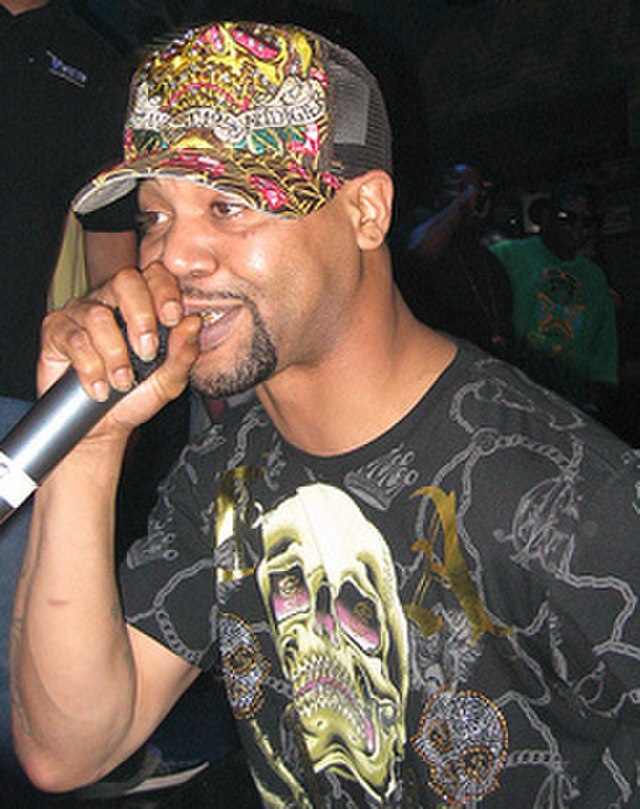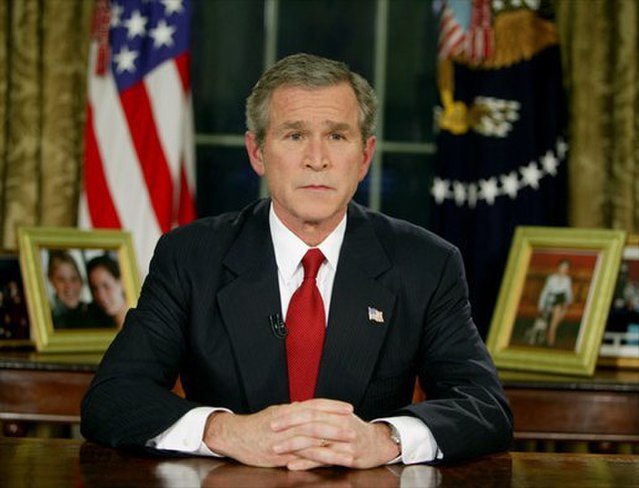Young, Ye and the Yarns They Tell
.redcircle-link:link { color: #ea404d; text-decoration: none; } .redcircle-link:hover { color: #ea404d; } .redcircle-link:active { color: #ea404d; } .redcircle-link:visited { color: #ea404d; } Rock music legend Neil Young made headlines and trended weeks ago when he announced that he was giving...

